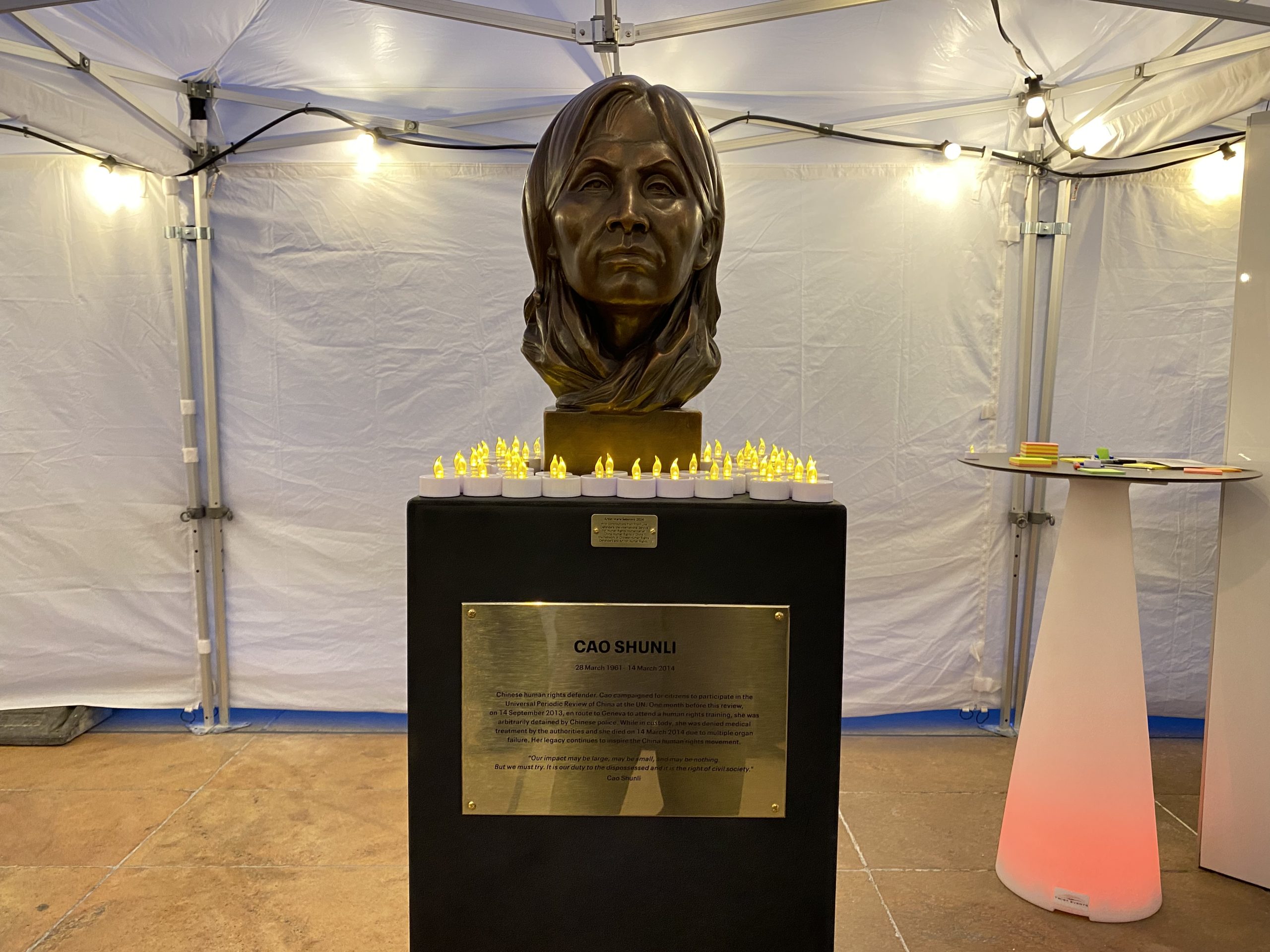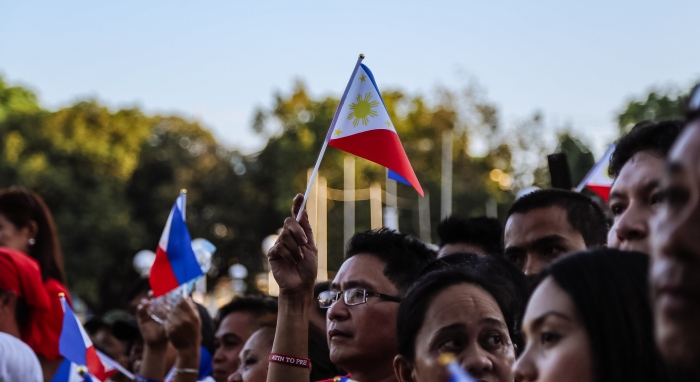Under Anti-Terrorism Law people can be apprehended without a warrant and detained for weeks prior to appearance before a judge. Not only is the law broad enough to permit the detention of people for social media posts critical of the government, it also makes it a criminal offense to ‘incite others’ to commit terrorism through ‘speeches, proclamations, writings, emblems, banners,’ further restricting freedom of expression and the media. This builds on existing cases of arrests for social media posts made during the pandemic, blatant attacks on the right to freedom of expression, as well as red-tagging of civilians and activists.
Various petitions have been filed against the Law at the national level, and a group of UN Special Procedures expressed concern that the law will ‘further dilute human rights safeguards, by justifying the arrests of human rights defenders and government’s critics.’
‘While advocacy continues at the national level toward the passage of a specific law for the protection of human rights defenders, they are now even more vulnerable with the passage of this law’, said ISHR’s Programme Manager and Legal Counsel Tess McEvoy. ‘This law not only fails to comply with international human rights law, it will severely restrict due process and the rule of law in the Philippines’, McEvoy added.
This law passed in the context of ongoing violations against defenders in the country, with recent instances of judicial harassment of defenders and targeting defenders with smear campaigns. It is the most recent example of the country’s worsening human rights record, and while steps have been taken at the UN to address the situation, the recent report of the UN High Commissioner highlights widespread and systematic killings and arbitrary detention in the context of the war on drugs, silencing of independent media and critics, and stark and persistent impunity.
‘We echo the call of national civil society and UN Special Procedures for an independent investigation mechanism into the human rights situation in the Philippines,’ added McEvoy.
Contact: Tess McEvoy, [email protected]
Photo: Pexels.com/Denniz Futalan




